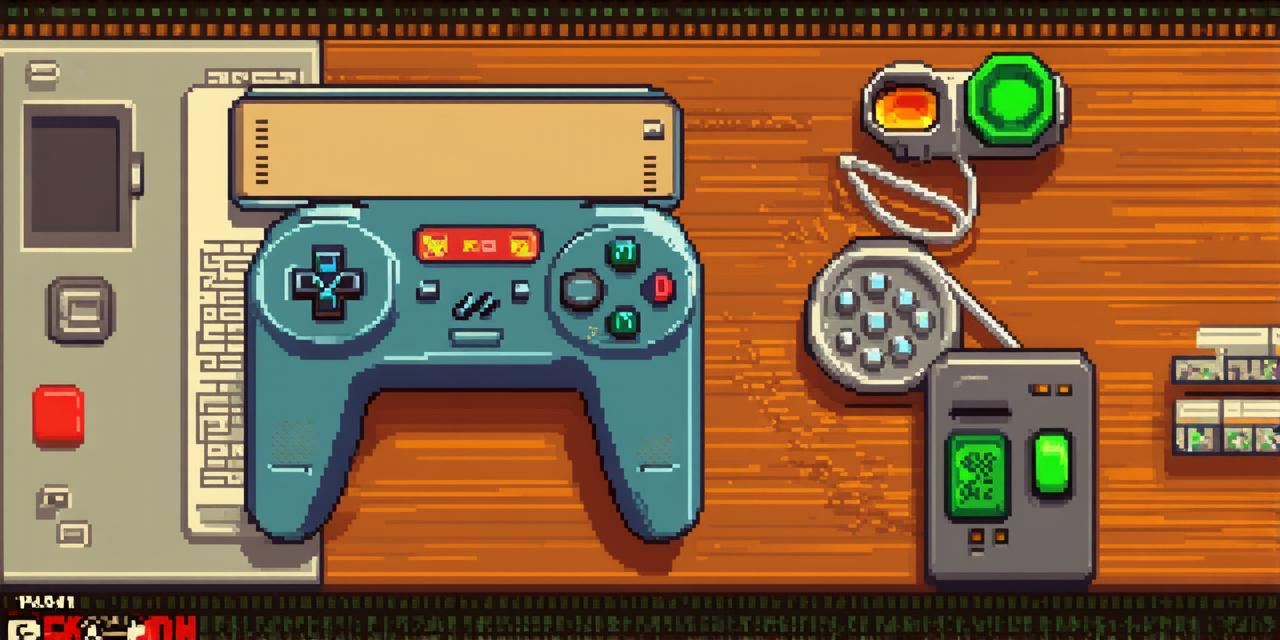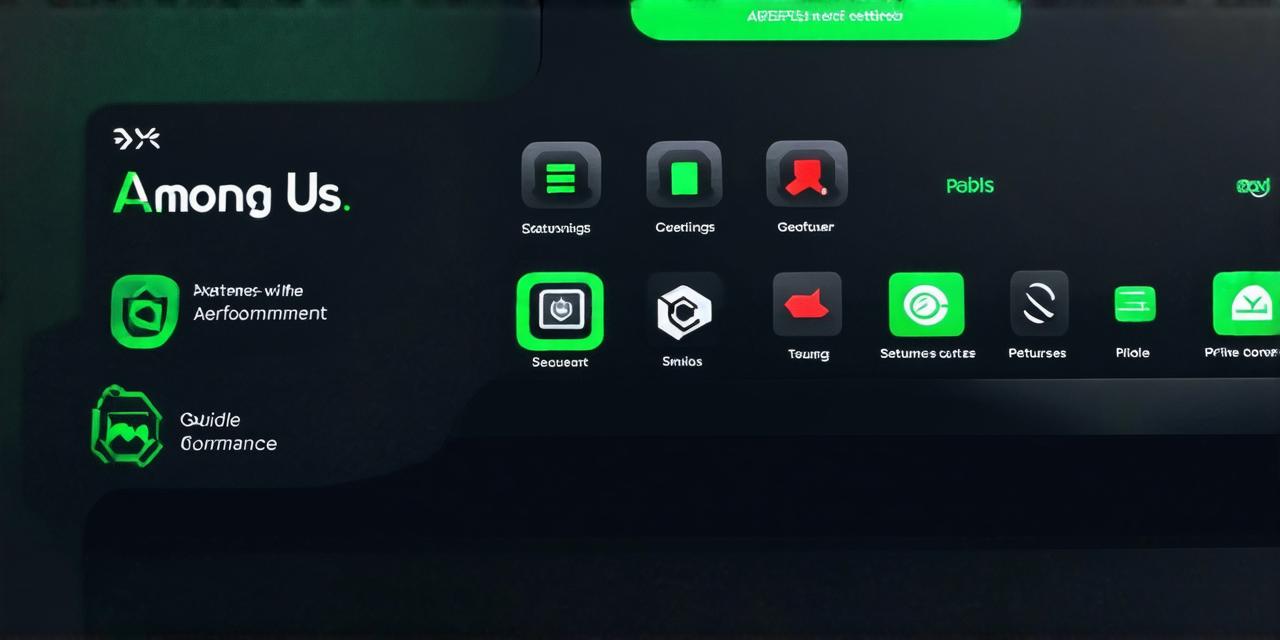Mobile games have become increasingly popular in recent years, with millions of people worldwide playing games on their mobile devices every day. As these games continue to evolve and new features are added, game developers are constantly seeking ways to improve their games’ performance and user experience. One common issue that arises is the need to erase game data in Mobile Strike, a popular multiplayer strategy game. In this article, we will provide a comprehensive guide on how to erase game data in Mobile Strike, while also exploring the reasons behind this need and the potential benefits of doing so.
Why Erase Game Data in Mobile Strike?
Before we dive into the steps for erasing game data in Mobile Strike, let’s first explore why this might be necessary. There are several reasons why game developers may want to erase the data:
-
Debugging and Troubleshooting: Sometimes, game data can become corrupted or damaged, causing issues with the game’s performance or user experience. By erasing the data, developers can start fresh and test their game without any pre-existing issues that might be causing problems.
-
User Privacy: Game data often contains personal information about users, such as account details, in-game purchases, and progress levels. If this data is not properly protected, it could be vulnerable to hacking or theft, compromising user privacy. By erasing the data, developers can ensure that all sensitive information is removed from the game, reducing the risk of data breaches.
-
Game Testing: As mobile games continue to evolve and new features are added, game developers need to test their games rigorously to ensure they are functioning as intended. By erasing game data, developers can create a clean slate for testing, allowing them to focus on the game’s performance and user experience without any pre-existing data that could skew their results.
-
Performance Optimization: Sometimes, game data can become bloated or fragmented over time, leading to slower load times and reduced game performance. By erasing the data, developers can optimize their game for better performance, improving the user experience and increasing player engagement.
How to Erase Game Data in Mobile Strike?
Now that we have explored some of the reasons why developers might want to erase game data in Mobile Strike, let’s take a look at how this can be done:

- Backup Data:
Before you begin erasing game data in Mobile Strike, it’s important to make sure you have a backup copy of your game data. This will allow you to restore the game to its previous state if necessary, without losing any progress or purchases. You can back up your game data by connecting your mobile device to a computer and using a third-party app to transfer the data to your PC.
- Delete Game Files:
Once you have backed up your game data, you can begin erasing it from your mobile device. To do this, you will need to access the game files on your device and delete them manually. This can be done by navigating to the game’s directory within your device’s file system and deleting the relevant files and folders.
- Clear Cache and Data:
In addition to deleting game files, it’s also important to clear the cache and data associated with the game. This will remove any temporary data that may be clogging up your device and improve overall performance. To do this, go to your device’s settings menu, select "Apps," find Mobile Strike in the list, and tap on "Clear Cache" and "Clear Data."
- Uninstall the Game:
Once you have deleted all of the game files and cleared the cache and data, you can uninstall the game from your device. This will completely remove the game and all of its associated data from your device, giving you a clean slate to start with. To do this, go to your device’s settings menu, select "Apps," find Mobile Strike in the list, and tap on "Uninstall."
Conclusion:
In conclusion, erasing game data in Mobile Strike can be a useful tool for developers looking to improve their games’ performance and user experience. By following the steps outlined in this guide, developers can remove any corrupted or damaged data, protect user privacy, create a clean slate for testing, and optimize their game for better performance.




